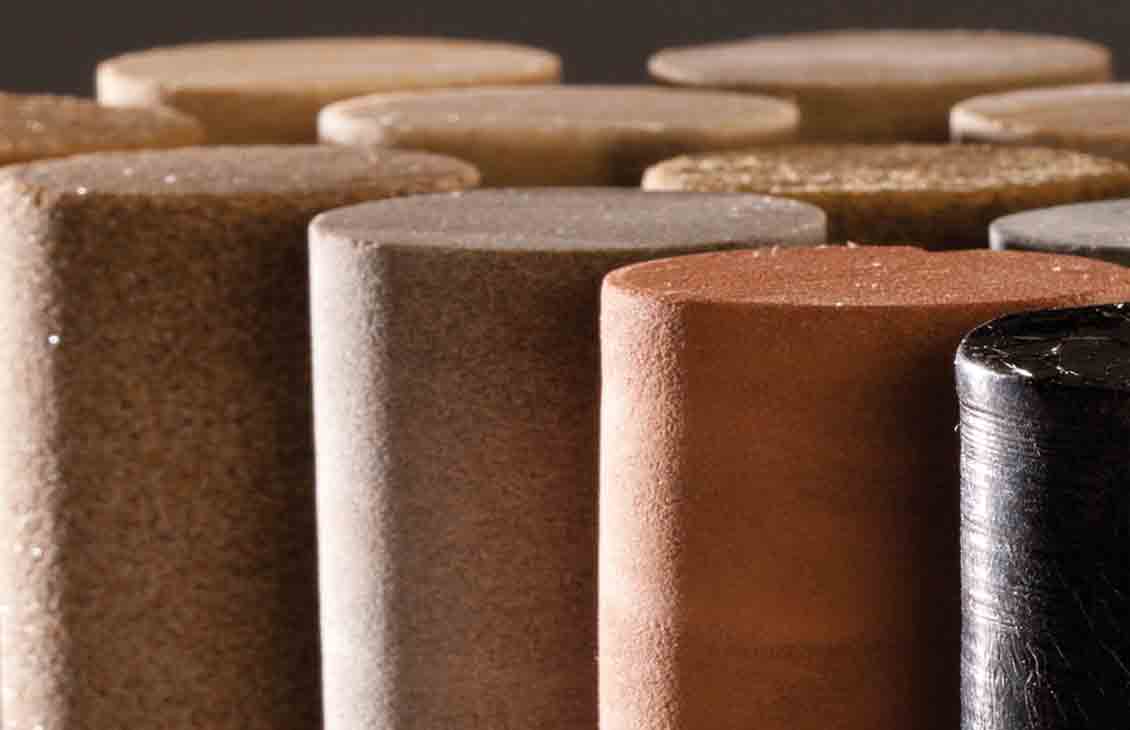BS 1377-6 Methods of Testing Soils and Rocks for Porosity and Water Content
The British Standard BS 1377-6 is a widely recognized protocol used to determine the porosity and water content in soils and rocks. This method is crucial for understanding the physical properties of materials, which are fundamental in various applications within the oil & gas industry. By accurately measuring these parameters, professionals can optimize drilling processes, enhance reservoir management, and improve overall project efficiency.
The standard specifies a series of procedures designed to ensure consistency and accuracy in laboratory testing. It covers both open-pore and closed-pore systems, providing detailed instructions on specimen preparation, apparatus requirements, and calculation methods. The techniques described are particularly important for characterizing the reservoir properties of rocks, which directly impact the performance of oil & gas wells.
The process begins with careful selection and preparation of the sample, ensuring that it represents the material accurately. The method then involves drying the specimen under controlled conditions to measure its initial mass. Once dried, the sample is reweighed after exposure to different humidity levels or pressures, allowing for precise determination of both porosity and water content.
Porosity refers to the volume of void space within a rock relative to its total volume. Understanding this property helps in predicting how fluids will flow through the rock matrix during drilling operations. Water content measures the amount of water held by the pores, which is essential for assessing fluid mobility and potential contamination risks.
The application of BS 1377-6 extends beyond just academic interest; it plays a critical role in ensuring compliance with international standards and regulatory requirements. For instance, when developing new drilling techniques or evaluating existing reservoirs, accurate porosity and water content data are indispensable. This information supports decisions about the optimal type of fluid to use during operations, thereby minimizing environmental impact and maximizing resource recovery.
In summary, BS 1377-6 provides a robust framework for testing soils and rocks, offering reliable insights into their physical characteristics. Its relevance in the oil & gas sector cannot be overstated, as it contributes significantly to operational efficiency and sustainability goals.
Applied Standards
The BS 1377-6 standard is aligned with several international norms that are commonly used in geotechnical engineering and environmental science. These include ISO standards such as ISO/TS 14680, which deals with the determination of water content in soils; ASTM D2216, focusing on procedures for determining moisture or water in soils and fine-grained sediments; and EN 12697-3, providing guidance on soil classification.
These standards collectively form a comprehensive set of guidelines that help maintain uniformity across different testing laboratories. Compliance with these norms ensures that the results obtained are comparable and reliable, which is particularly important in collaborative projects involving multiple stakeholders.
Eurolab Advantages
As a leading laboratory specializing in environmental testing services, Eurolab offers several advantages when it comes to implementing BS 1377-6:
- Experienced Technicians: Our team comprises highly skilled professionals with extensive experience in carrying out such tests accurately and efficiently.
- State-of-the-Art Equipment: We are equipped with advanced instrumentation capable of performing high-precision measurements, ensuring reliable outcomes every time.
- Comprehensive Reporting: Each test comes accompanied by detailed reports that provide comprehensive insights into the tested materials' properties.
- Regulatory Compliance: Our services adhere strictly to international standards and guidelines, making them suitable for use in various regulatory contexts.
By leveraging these strengths, Eurolab ensures that clients receive top-notch service while maintaining strict adherence to best practices.
Why Choose This Test
- Enhanced Decision-Making: Accurate porosity and water content data enable informed choices regarding drilling strategies, fluid selection, and reservoir management.
- Precision Measurement: The standardized procedures ensure consistent results, enhancing the reliability of your project planning.
- Compliance Assurance: Adhering to international standards helps meet regulatory requirements, reducing potential risks associated with non-compliance.
- Data Accuracy: Our thorough specimen preparation and rigorous testing protocols guarantee accurate measurements that reflect real-world conditions accurately.
Choosing Eurolab for your BS 1377-6 tests guarantees access to expert knowledge, cutting-edge technology, and meticulous attention to detail. These factors contribute significantly towards achieving optimal outcomes in your projects.





